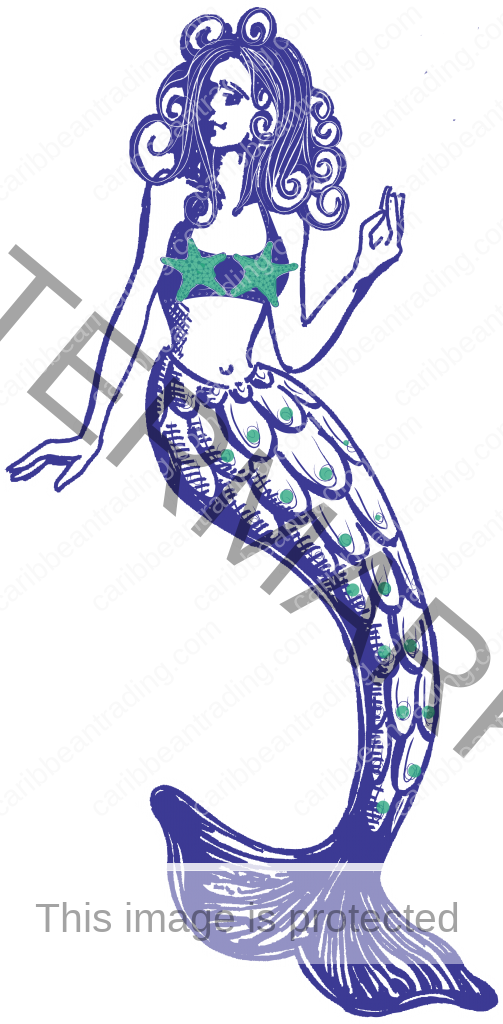Travel Tips
What to Consider When Traveling to the Caribbean After Surgery
Traveling to the Caribbean can be a dream vacation for many, offering beautiful beaches, crystal waters, and a relaxing atmosphere. However, if you’ve recently undergone surgery, there are several important factors to consider before embarking on such a trip. Whether your procedure was minor or major, planning ahead can ensure a safe and enjoyable experience. This article outlines key considerations for traveling to the Caribbean post-surgery, including general health precautions, managing cosmetic injectables, and preparing for the unique environmental conditions of the region.
1. Understanding the Risks of Air Travel After Surgery
Air travel poses specific risks for individuals who have recently undergone surgery. The primary concerns are related to changes in air pressure, prolonged immobility, and the potential for complications such as deep vein thrombosis (DVT). When flying, cabin pressure decreases, which can affect blood circulation and oxygen levels. For those recovering from surgery, these changes can increase the risk of complications like blood clots, especially during long-haul flights often required to reach the Caribbean.
Before booking your flight, consult with your healthcare provider to determine if air travel is safe for you. The general recommendation is to wait at least one to two weeks after minor surgery and four to six weeks after major surgery. However, these time frames can vary based on the type of surgery, your personal health, and your doctor’s advice. Additionally, it is crucial to follow specific guidelines, such as wearing compression stockings, staying hydrated, and moving around during the flight to reduce the risk of DVT.
2. Climate Considerations: Heat, Humidity, and Sun Exposure
The Caribbean is known for its warm climate, high humidity, and intense sun exposure, which can be challenging for those recovering from surgery. Heat and humidity can exacerbate swelling, slow down the healing process, and increase the risk of infection in surgical wounds. Sun exposure, especially in the first few weeks post-surgery, can lead to complications like scarring and skin discoloration, particularly for those with recent incisions.
To mitigate these risks, plan to stay in a well-ventilated, air-conditioned environment and avoid direct sun exposure, especially during peak hours from 10 a.m. to 4 p.m. Wearing loose, breathable clothing, applying sunscreen with a high SPF, and keeping surgical sites protected from UV rays are essential steps to safeguard your healing process. It is also advisable to schedule outdoor activities during the early morning or late afternoon when the sun’s intensity is lower.
3. Managing Cosmetic Injectables: Botox, Fillers, and More
For individuals who have received cosmetic injectables, such as Botox or dermal fillers, special considerations must be taken when traveling to the Caribbean. These procedures, though minimally invasive, still require a period of aftercare to ensure optimal results and minimize side effects. Common issues associated with injectables include swelling, bruising, and the need to avoid certain activities immediately following treatment.
If you’ve recently received injectables, it’s essential to avoid excessive heat, including saunas, hot tubs, and direct sun exposure, as these can exacerbate swelling and affect the longevity of the results. The Caribbean’s warm climate and intense sun mean that additional precautions are necessary. Applying cold compresses, staying in shaded areas, and using high-quality sunscreen can help protect the treated areas.
Moreover, it’s advisable to avoid alcohol and strenuous physical activity for at least 24 to 48 hours after receiving injectables, as these can increase bruising and swelling. Always follow the specific aftercare instructions provided by your cosmetic professional and communicate your travel plans so they can advise you accordingly. Always choose reputable professionals such as cosmetic injectables in Brisbane.
4. Preparing for Medical Emergencies: Insurance and Local Healthcare Access
One of the most important considerations when traveling to the Caribbean after surgery is the accessibility and quality of healthcare in your destination. The level of medical care varies significantly across the region, and in some areas, advanced medical facilities may be limited. Before traveling, ensure that you have comprehensive travel insurance that covers medical emergencies, including complications related to your surgery.
Research the healthcare facilities available in the specific Caribbean location you plan to visit. Identify hospitals or clinics that are well-regarded and have the capacity to handle potential complications from your surgery. It’s also a good idea to carry a summary of your medical history, including details of your recent surgery, current medications, and any allergies. Having this information readily available can be invaluable in the event of a medical emergency.
5. Adapting Your Post-Surgery Care Routine
Maintaining your post-surgery care routine is crucial when traveling. This includes adhering to any dietary restrictions, medication schedules, and wound care protocols prescribed by your healthcare provider. The excitement of being on vacation should not overshadow the importance of your recovery process.
When packing, include all necessary medical supplies, such as wound dressings, antiseptic solutions, and any prescribed medications. Keep these items in your carry-on luggage to ensure they are accessible at all times. It’s also wise to bring additional supplies in case of delays or unforeseen circumstances.
If your recovery plan includes regular check-ups or follow-up appointments, discuss with your healthcare provider how best to manage these while you are away. In some cases, telehealth appointments may be an option, allowing you to stay in touch with your doctor and receive guidance as needed.
6. Avoiding Physical Strain and Stress
A Caribbean vacation often involves activities such as swimming, snorkeling, and sightseeing, which can be physically demanding. After surgery, it’s essential to be mindful of your physical limitations and avoid activities that could strain your body or disrupt the healing process. Gentle activities like walking along the beach or light swimming may be permissible, but always consult your doctor beforehand.
In addition to physical strain, managing stress levels is equally important. Surgery and the subsequent recovery period can be taxing on both the body and mind. Prioritize relaxation and choose activities that promote well-being and recovery, such as gentle yoga, meditation, or simply lounging by the pool. Listen to your body and allow yourself ample time to rest, as overexertion can hinder your healing process.
7. Staying Hydrated and Maintaining Nutrition
Proper hydration and nutrition play critical roles in recovery after surgery. The Caribbean’s warm climate can increase the risk of dehydration, which can impact healing and overall well-being. Drinking plenty of water and avoiding excessive consumption of alcohol and caffeinated beverages can help maintain optimal hydration levels.
Additionally, maintaining a balanced diet rich in vitamins, minerals, and protein is vital for supporting the healing process. While enjoying local cuisine is part of the travel experience, aim to make healthy choices that align with your post-surgery dietary needs. Incorporate fresh fruits, vegetables, lean proteins, and whole grains to provide the nutrients your body needs to heal.
Conclusion
Traveling to the Caribbean after surgery requires careful planning and consideration of various factors to ensure a safe and enjoyable experience. By understanding the risks associated with air travel, managing exposure to the region’s climate, and adhering to post-surgery care routines, individuals can make the most of their vacation while safeguarding their recovery. Special attention should be given to managing cosmetic injectables, preparing for medical emergencies, and avoiding physical strain. Ultimately, consulting with healthcare professionals and taking proactive steps will allow for a smooth and restful journey to the Caribbean, even in the wake of surgery.







